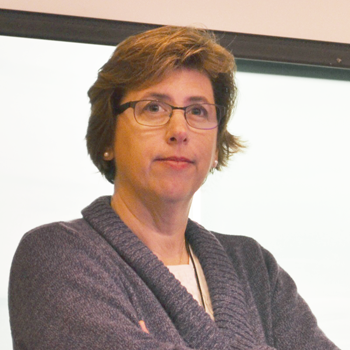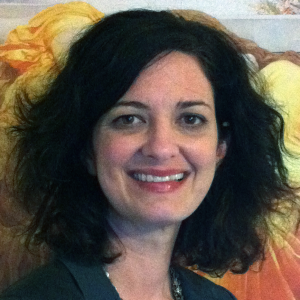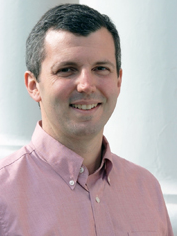With the fall semester looming, the W&L campus is abuzz with preparations, including the annual Fall Academy. Two weeks of workshops on technology and pedagogy help faculty and staff get up to speed for the new academic year. We have chosen August 31st as our “Day of DH” – a chance to hear from our colleagues and guests about their DH course projects and methods. Don’t forget to register!
| 10-10:15am | The Mellon Grant and You! Come hear about the $800,000 Mellon Digital Humanities Grant and learn about new ways to fund your innovative teaching ideas, conference travel, research and undergraduate research assistants, as well as graduate student teaching support from UVa. |
| 10:30-11:30am | Incentive Grant Winners Panel Owen Collins, Holly Pickett, Laura Brodie, and Claudette Artwick will discuss the nature of their projects, how the projects were structured, and what the outcomes were. |
11:45am-1:30pm | Writing: A Digital Humanity The history of writing is intertwined with the history of it as technology, and its history as a humanity is intertwined with that of rhetoric and literature. Patricia Suzanne Sullivan and James P. Ascher offer a range of a easily adoptable assignments and activities to prompt experimentation, exploration, and reflection on writing as a technology in first-year (and other) writing courses. |




